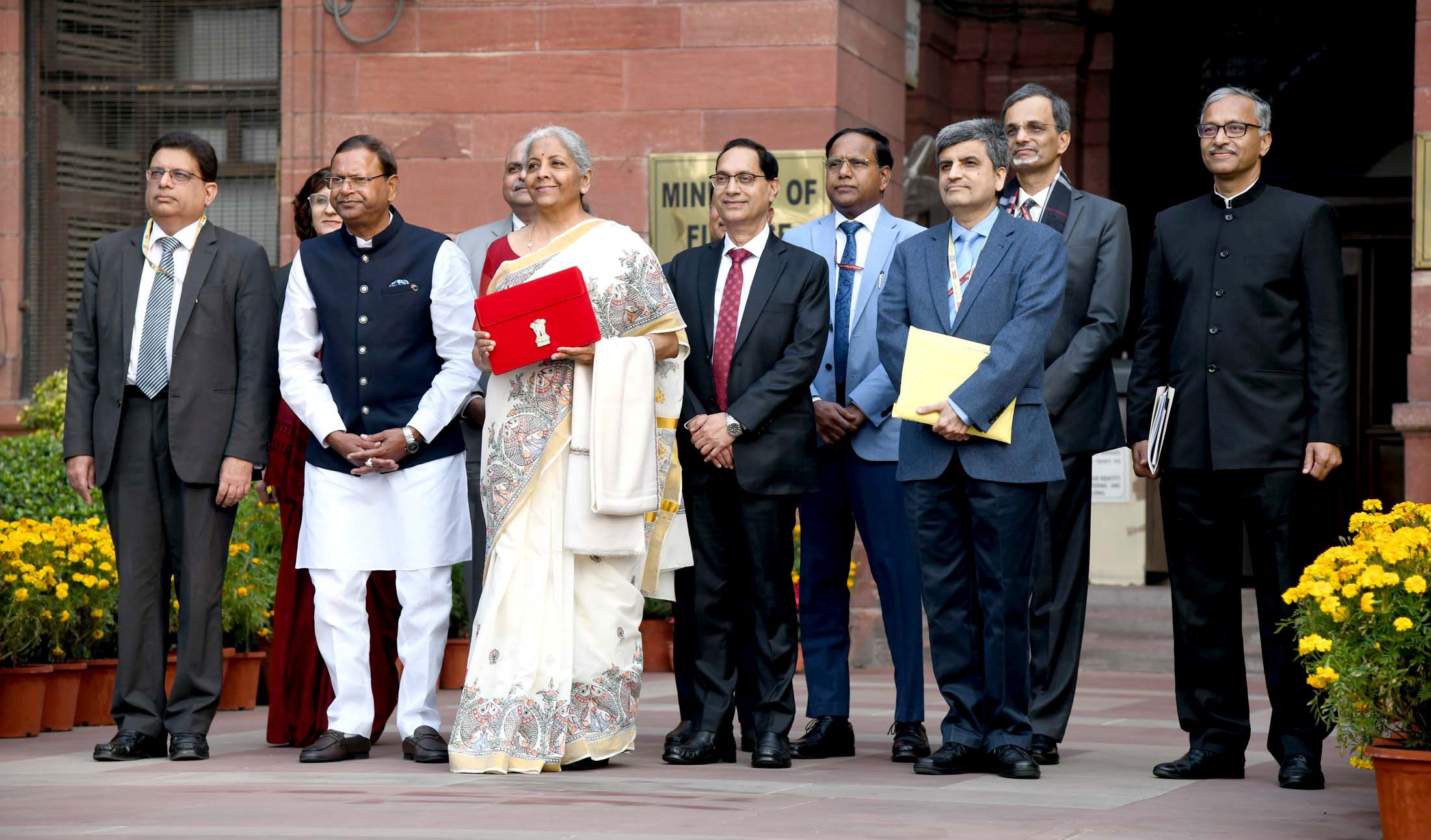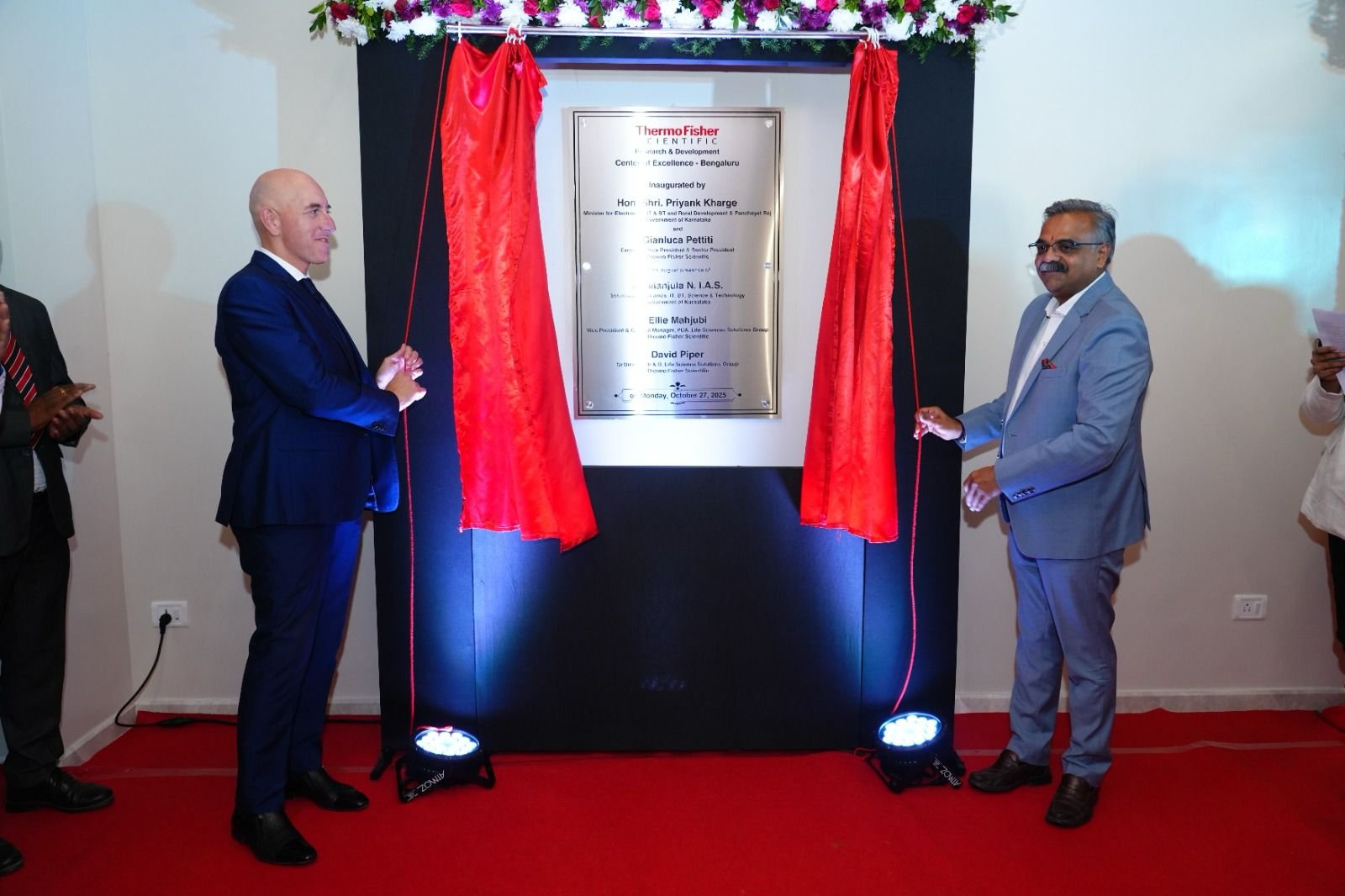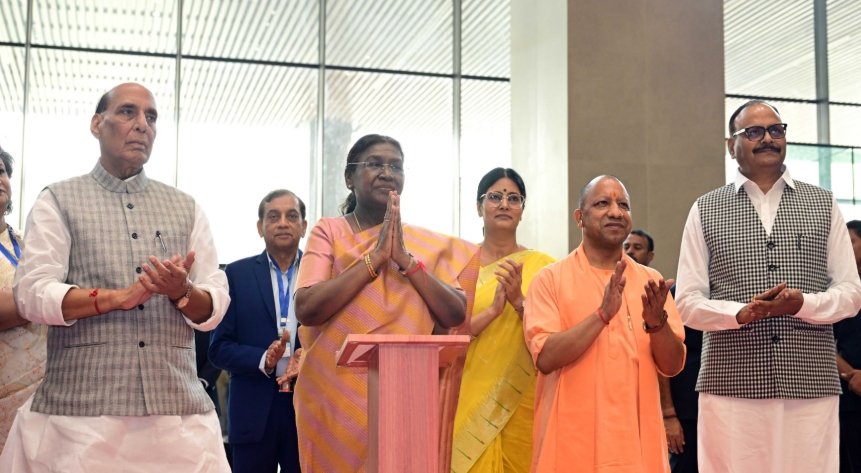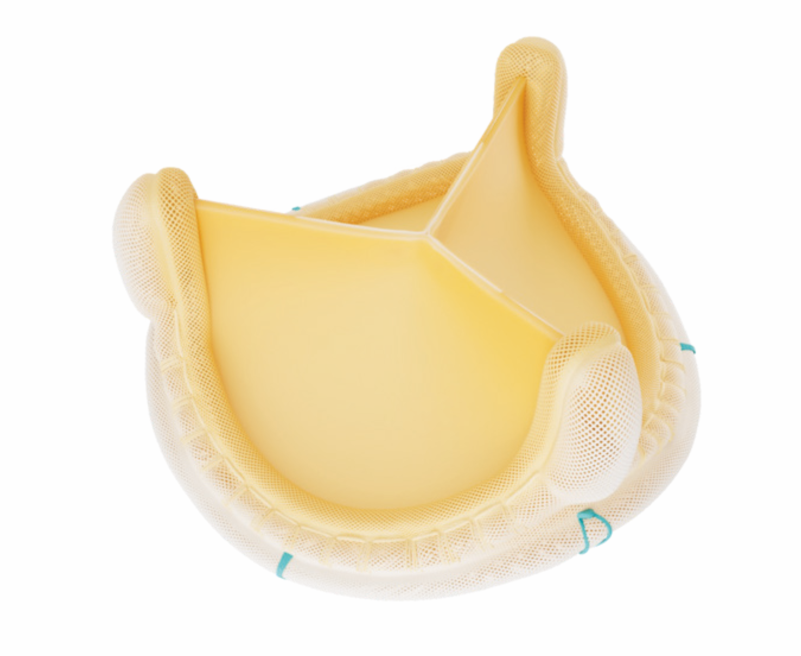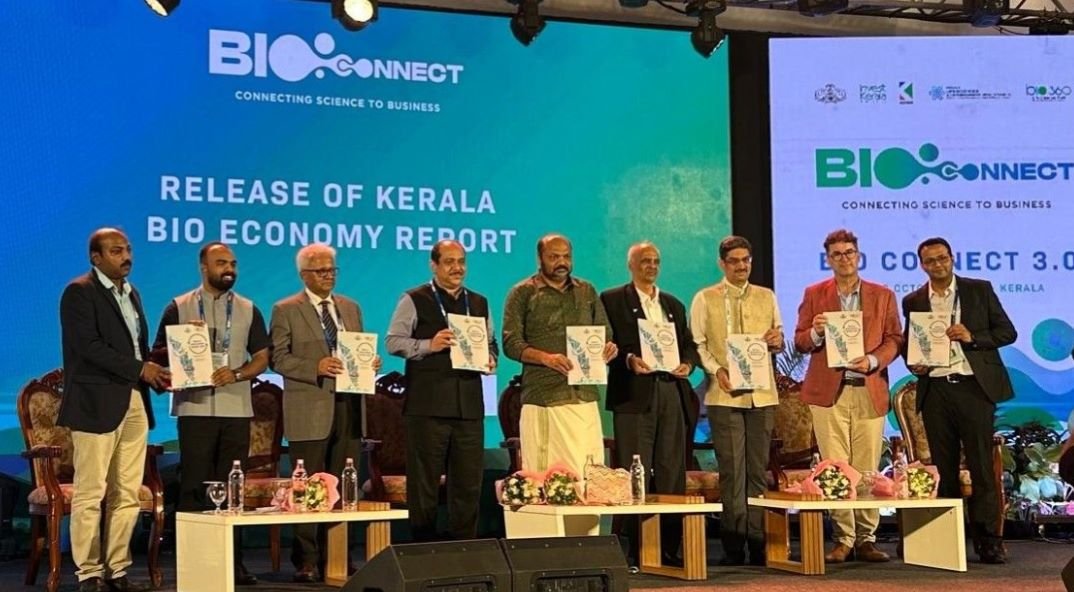Union Budget 2025 lays emphasis on cancer care, medical education & innovation
February 01, 2025 | Saturday | News
Centre of Excellence in AI for Education, Expansion of medical education, and much more
image credit- PIB
Union Minister of Finance and Corporate Affairs Nirmala Sitharaman presented the Union Budget 2025-26 in Parliament today, 1 February 2025. Laying emphasis on improving cancer care and treatment for millions in the country, the government has decided to set up Day Care Cancer Centres in all district hospitals in the next 3 years, with 200 centres coming up in 2025-26.
"Organisations must now implement specialised staffing models, establish robust supply chain networks for cancer medications, and create integrated patient care pathways that connect primary care with specialised oncology services for successful implementation", said Joy Chakraborty, COO, P.D. Hinduja Hospital & Medical Research Centre, Mumbai.
Professor Sarang Deo, Deputy Dean, Faculty & Research and Executive Director, Max Institute of Healthcare Management, ISB said, "A bigger need is to scale up cancer screening and diagnosis, the lack of which is resulting in patients being diagnosed at late stages with poor predicted outcome."
As relief on import of Drugs/Medicines, 36 lifesaving drugs and medicines for treating cancer, rare diseases and chronic diseases have been fully exempted from Basic Customs Duty (BCD). Further, 37 medicines along with 13 new drugs and medicines under Patient Assistance Programmes have been exempted from Basic Customs Duty (BCD), if supplied free to patients.
"The establishment of 200 cancer daycare centres in district hospitals represents a proactive move towards decentralising cancer treatment, making care more accessible. These centres will not only enhance accessibility but also improve outcomes by enabling timely interventions while customs duty exemptions on cancer drugs and 36 life-saving medicines will make critical treatments more affordable", said Dr Azad Moopen, Founder & Chairman, Aster DM Healthcare.
Also, broadband connectivity will be provided to all government secondary schools and primary health centres in rural areas under the Bharatnet project.
"We are especially excited to see the push for digital health infrastructure, like broadband connectivity for primary health centres under BharatNet. This will open doors for telemedicine, AI-driven diagnostics, and more efficient patient care—exactly the kind of innovation India needs to make quality healthcare available to all", said Ayush Jain, Founder & CEO of Mindbowser Inc.
Education & Innovation
Highlighting new initiatives in the education sector, the government has stated that 10,000 additional seats will be added in medical colleges and hospitals next year, adding upto 75000 seats in the next 5 years.
"Rs 99,858.56 crore has been allotted to Health Ministry, which is a 2% increase since the previous year and will focus on improving maternal and child healthcare under India's National Health Mission. The budget will also be used for improving healthcare infrastructure. The 2% increase is reflective of the Indian Government’s rising focus on Indian health. However, it may not be sufficient to increase medical seats for 10000 students by next year or to increase cancer daycare centers in district hospitals in the next 3 years, considering there will be continued focus on maintaining existing healthcare programmes", said Vandana Iyer, Research Director, TechVision, Frost & Sullivan.
"The inclusion of 10,000 new seats in medical education this year, as well as 1.1 lakh UG and PG seats over the next ten years, is a positive step forward", said Dr Archana Dhawan Bajaj, Gynaecologist, Obstetrician and IVF Expert, Nurture IVF Clinic, New Delhi.
"The government’s focus on increasing PG and UG in medical colleges, will improve the patient to HCP ratio and thereby the access and quality to care. These efforts are highly appreciated and we look forward to continued collaboration with the government to enhance healthcare access for all", said Shweta Rai, Managing Director for India and Country Division Head for South Asia, Bayer’s Pharmaceuticals.
"Every additional seat also translates to the addition of four beds to the medical college and hospital. In five years, this initiative would add 300,000 more beds, nearly one-third of the current capacity in the public sector. The government may consider expanding existing medical colleges wherever possible to optimise expenditure", said Satyam Shivam Sundaram, Partner Strategy & Transactions, Govt Advisory Services, EY.
Sharing his concern over this development, Prof Dr Raj Nagarkar, MD & Chief of Surgical Oncology & Robotic Services, HCG Manavata Cancer Centre said, "The proposal to increase medical seats to 10,000 per year and 75,000 over five years, raises concerns. Expanding medical education must be accompanied by adequate infrastructure, trained faculty and a strong focus on maintaining the quality of education. Simply increasing numbers without addressing these factors could dilute the training and preparedness of future doctors."
Further, a Centre of Excellence in Artificial Intelligence (AI) for education will be set up with a total outlay of Rs 500 crore. Additional infrastructure will be created in 5 Indian Institutes of Technology (IITs), started after 2014, to facilitate education for 6,500 more students.
"By fostering advanced research, AI-enabled learning tools, and industry-academia partnerships, we are equipping the next generation with the skills needed to drive transformative change. This as a pivotal moment as we close the AI talent gap, ensuring that India is not just a consumer of AI but a creator of cutting-edge solutions", pointed out Mahesh Makhija, Technology Consulting Leader, EY India.
Also, 50,000 Atal Tinkering Labs will be set up in government schools in the next 5 years, to encourage innovation. The Union Finance Minister has announced to set up five National Centres of Excellence for skilling with global expertise and partnerships to equip youth with the skills required for “Make for India, Make for the World” manufacturing. The partnerships will cover curriculum design, training of trainers, a skills certification framework, and periodic reviews.
"The government’s initiatives, including the establishment of five major skill development centers, would help meet the target of 300,000 healthcare workers India aims to export annually", said Pavan Choudary, Chairman, Medical Technology Association of India (MTaI).
While presenting the Budget, Nirmala Sitharaman announced to allocate Rs 20,000 crore to implement private sector driven Research, Development and Innovation.
In the next five years, under the PM Research Fellowship scheme, provision of ten thousand fellowships for technological research in IITs and IISc with enhanced financial support is also proposed in the Budget.
A “National Manufacturing Mission” to cover small, medium and large industries for furthering “Make in India” was also announced by the Union Minister for Finance and Corporate Affairs, Nirmala Sitharaman while presenting the Union Budget 2025-26. This will provide policy support, execution roadmaps, governance and monitoring framework for central ministries and states.
"There has been an Increased Allocation for the Department of Biotechnology (DBT) in this year’s Budget to support Biomanufacturing, Biotech research, Entrepreneurship, innovation, skill development etc. DBT is perfectly positioned to contribute to the National Manufacturing mission for the development of biobased chemicals, enzymes, climate resilient crops, clean energy and various other sectors. DBT is also energising Center-State Partnerships in the Biomanufacturing sector to elevate the Indian Bioeconomy to new heights", highlighted Dr Rajesh Gokhale, Secretary, DBT.
"Given the evolving geopolitical and geo-economic landscape and the intensifying competition for investments, it remains to be seen whether the Budget has done enough to strengthen our competitiveness, incentivise investments in high-tech sectors, and align with global best practices to position India as a preferred destination for capital and innovation", said Kiran Mazumdar Shaw, Executive Chairperson, Biocon.
"In a major boost to private sector R&D, a Rs 20,000 crore has been allocated for Research Development & Innovation in the budget. Finance Minister in her budget speech of July 2024 had announced setting up Rs 1 lakh Crore R&D fund. The allocation this year will kick start the fund and will be a major boost to support R&D in private sector in deep tech and sunrise sectors. This will be a major step towards creating strategic autonomy in some key technology sectors. We are happy that DST will be the Nodal ministry driving this fund", said Abhay Karandikar, Secretary, Department of Science & Technology (DST).
"The National Manufacturing Mission is set to strengthen India’s production capabilities, while the Centres of Excellence for skilling aim to cultivate a future-ready workforce. Moreover the investments in AI-driven education have the potential to accelerate healthcare innovation", said Nikhil Chopra, CEO & Whole Time Director, JB Pharma.
"The government's commitment to advancing healthcare and building an integrated ecosystem for biotechnology is further reflected in the increased budget allocation for the Department of Biotechnology, rising from Rs 2,460.13 crore in 2024 to Rs 3,446.64 crore in 2025, an almost 40% increase. The budget also reflects a forward-looking investment strategy with ₹20,000 crore allocated for private-sector research, which should be strongly leveraged by the Pharma and biopharma sector to enable drug discovery and localised manufacturing", mentioned Ankush Kapoor, CEO and Founder of PharmNXT Biotech.
"We had hoped for a stronger push towards pharmaceutical R&D. Increasing allocation beyond the current 1% of GDP, raising the weighted tax deduction for R&D expenditure from 100% to 200%, and swiftly rolling out the Research Linked Incentive scheme remain critical to fostering drug innovation. We urge the government to consider these priorities to further bolster research in India’s pharma industry and healthcare ecosystem", said Saransh Chaudhary, President, Global Critical Care, Venus Remedies.
Adding on, a national framework is to be formulated as guidance to states for promoting Global Capability Centres in emerging tier 2 cities.
"The emphasis on fostering Global Capability Centers (GCCs) reinforces India’s role as a strategic hub for high-value innovation, R&D, and digital transformation. However, while these are positive steps, the budget leaves room for more robust healthcare reforms. Given the evolving healthcare needs of the country, greater investments and policy interventions are expected to ensure accessibility and innovation in medical technology", said Dhaval Radia, Chief Financial Officer (India), ZEISS Group.
Medical Tourism
Union Budget 2025-26 has identified tourism as a sector for employment-led growth. Nirmala Sitharaman said that medical tourism and Heal in India will be promoted in partnership with the private sector along with capacity building and easier visa norms.
"The Heal in India initiative remains at the heart of India’s ambition to become a global hub for medical tourism. By fostering public-private collaboration, this initiative aims to enhance healthcare infrastructure, streamline patient care processes, and position India as a destination for world-class medical treatments at competitive costs", said Dr Manisha Bobade, CEO, K J Somaiya Hospital & Research Centre.
"The government’s focus on medical tourism and 'heal in India' initiative, with relaxed visa norms and private sector collaboration, will strengthen India’s position as a global healthcare destination. To capitalize on this, investment in infrastructure, quality care, and seamless patient experiences must be prioritized, ensuring India remains competitive in the international healthcare market", said Behram Khodaiji, CEO, Ruby Hall Clinic, Pune.
"The Union Budget 2025 aims at capturing a fair share of the international medical tourism market while addressing the challenges of healthcare delivery and medical education. Strengthenin Medical Value Travel is important with the increasing competition from countries like Turkiye, Thailand & Malaysis who all are vying to increase their share from the same pie", said Dr SC Nagendra Swamy, President , Ramaiah Memorial Hospital.
"By strengthening the ‘Heal in India’ and ‘Heal by India’ initiatives, the government is fostering an ecosystem where Indian healthcare can meet global demand while ensuring quality care at home. With these strategic initiatives , India is not just preparing for the healthcare challenges of today but laying the foundation for a resilient, future-ready health economy", said Sindoori Reddy, Director - Strategy, Apollo Hospitals.
"India needs to become the world’s medical tourism capital for forex inflows, increased employment opportunities, increasing local bio-medical equipment manufacturing, etc. The budget has now made the “heal in India” programme more friendly by making it easier for VISAs, and allocating funds from the Rs 20,000 croresof the PM Gati Shakti Project where the private sector will also be involved", said Dr Rajeev Boudhankar, Medical director, Holy Family Hospital, Bandra, Mumbai.
Industry expects more
While the Union Budget 2025 – 26 continues to build upon India’s growth story within the healthcare sector, there are a few areas lying untouched where the industry seeks the government's attention.
For instance, Rajiv Nath, Forum Coordinator, Association of Indian Medical Device Industry (AiMeD), on behalf of the medical devices industry, expressed disappointment over the fact that there is no mention of any investment promotion measures for the imports dependent sector in the main speech and had hoped that there will be some measures to boost the sector in the fine print.
He said, “The Industry is disappointed that expectations of the Medical Devices sector and many of which had been supported by Dept of Pharmaceutical too as an investment enabler under the National Medical Device 2023 policy finds no mention in the speech. We were hoping to see the finance minister speak about Medical Devices as make in India enabler and address the 70% import dependence due to inadequate tariff protection with duties at zero to 7.5% in most cases and an ever-rising imports bill that is expected to cross Rs 75000 crore this year."
"The budget lays a strong foundation, critical areas like GST rationalisation in healthcare require urgent attention. Increasing the tax exemption for preventive health check-ups, extending benefits to multiple family members, and integrating outpatient diagnostics into insurance packages will significantly enhance affordability and encourage proactive health management. We look forward to continued dialogue and effective implementation to build a more resilient, inclusive, and future-ready healthcare system.”- Ameera Shah, Promoter and Executive Chairperson, Metropolis Healthcare.
"We feel that the government should consider making some announcements for duty exemption on sight saving equipment and specialty eye care infrastructure as it can benefit an even larger population", said Dr Aditya Kelkar, Director, NIO Super Specialty Hospital.
"While this budget is a commendable step forward, particularly in addressing the needs of cancer patients, we urge a similar focus on kidney-related diseases in future healthcare policies", said Prabhat Shrivastava- Promoter, Founder & CEO, VitusCare.
"With 1 in 9 Indians at risk of cancer and most cases detected late, the budget should have prioritised prevention and early detection. A dedicated investment in vaccinations, awareness campaigns, and advanced screening technologies is essential to reducing cancer’s multi-level impact on individuals, families, and the economy", said Rakesh Menon, Founder & CEO, Previu Health.
Jatin Mahajan, Secretary, Association of Diagnostics Manufacturers of India (ADMI) said, "Many aspects have not been touched on in the budget, and thus leave a lot of unfulfilled expectations such as the establishment of a separate regulatory body for medical devices distinct from pharmaceuticals. GST rates remain unchanged. We were looking forward to some aspect of rationalisation. Dedicated technology transfer grants for MedTech innovation are expected; and fast-track approval for new diagnostic technologies is the nedd of the hour."
"No mention of extending the production-linked incentive (PLI) scheme to Contract Research and Manufacturing Services or simplifying regulatory processes like Advance Pricing Agreements (APA) leaves scope for further policy refinements", said Nikkhil K Masurkar, CEO, Entod Pharmaceuticals.
"In the coming years, we expect government to focus more on primary healthcare and improved diagnostics to curb the burden of rising Non Communicable Diseases", said Aditya Kandoi, CEO and Founder of Redcliffe Labs.
"While the government’s efforts to expand healthcare access are commendable, we hope that future budgets will also prioritise reproductive health, ensuring that every family has the opportunity to grow and thrive", said Dr Sheetal Jindal, Senior Consultant and Medical Director; Director at Medical Genetics Programme, Jindal IVF Chandigarh.
"As we look ahead, further targeted initiatives such as the integration of mental health into primary healthcare, insurance coverage for mental health, and investments in early intervention programmes for neurodevelopmental disorders must remain priorities to truly revolutionise the mental health framework”, said Tarun Gupta, Co-Founder at Lissun.
"While the budget includes a few positive measures, it fails to drive real healthcare development. The lack of adequate funding, low insurance claim limits, and high taxation on medical necessities continue to hinder the sector’s growth. A more comprehensive, long-term strategy is required to truly uplift healthcare in India", said Dr V P Chandrasekaran, COO, SRM Global Hospitals.


